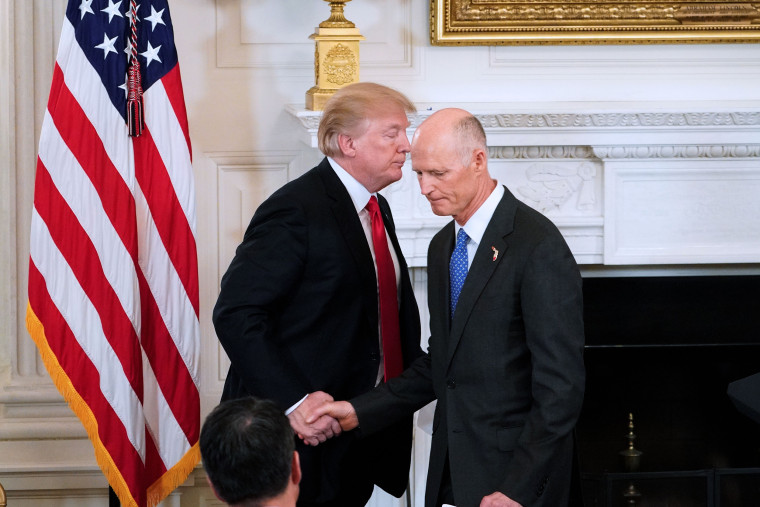“Don’t watch what they say; watch where they spend.” That variation on a popular adage — “I no longer listen to what they say; I watch what they do” — applies aptly to big corporate PACs that have shamefully resumed their political spending habits after the Jan. 6 Capitol insurrection.
That’s according to a new report by the Washington-based ethics watchdog group Citizens for Responsibility and Ethics in Washington. According to the study, in the few months since the Capitol riot, 170 business PACs have contributed more than $2.6 million to campaigns and PACs associated with the 147 senators and Congress members who objected to certifying the election.
Citizens can and should hold those companies to account.
Citizens can and should hold those companies to account, particularly those that publicly committed to pause or stop contributing to lawmakers whose actions supported “the Big Lie.”
Recall the righteous pro-democracy statements made in January from household brands like AT&T. Its PAC’s employees voted to “suspend contributions to members of Congress who voted to object to the certification of Electoral College votes [on Jan. 6].”
Since then, AT&T’s PAC has resumed donating to the House Conservatives Fund, Republican Main Street Partnership PAC and the Tuesday Group PAC, the Dallas Morning News reported. The House Conservatives Fund is headed by Rep. Mike Johnson, R-La., and includes Rep. John Carter, R-Texas, as a member; both voted not to certify the Electoral College results.
Covid-19 vaccine-maker Pfizer's PAC made the same pro-democracy pledge as AT&T. "Pfizer PAC will not contribute to any of the 147 Members of Congress who voted against certifying the Electoral College results after the violence we all witnessed," according to the newsletter Popular Information from Judd Legum.
But the Daily Beast reported that in late February the PAC donated $15,000 to the National Republican Senatorial Committee. Sen. Rick Scott, R-Fla., who voted against certifying the election, runs the NRSC.
Similarly, Reuters reported April 1 that Ford Motor Co. lifted its January ban on all political contributions, and would not rule out contributions to Republican lawmakers who voted against election certification.
To be clear, current financial giving reports do not show that the companies listed have donated to individual candidates. This is a flimsy workaround indeed. And since most corporate donations come in the form of PACs, companies may claim their money has strings attached. But under current disclosure requirements, we really can’t tell exactly how those PACs, with their vast pools of funds, are ultimately doling out cash.
The first blush of corporate outrage in January put the companies on the side of democracy and the more than 60 court rulings rejecting former President Donald Trump’s claims of widespread voter fraud. Apparently, however, the political and economic establishments are too intertwined for the corporate outrage to outlast their business lobbying interests.
We may like to think of the 19th century’s so-called Gilded Age of railroad tycoons and Standard Oil as ancient history. The era was one where “wealth influenced and co-opted the government at all levels, through unregulated campaign contributions, vote buying, and similar machinations,” according to The Atlantic. But continuing corporate funding of the “sedition caucus” reminds us of novelist William Faulkner’s insight: “The past is never dead. It’s not even past.”
Transparency is only the first step. Pro-democracy groups must also put bad corporate citizens on a “democracy watchlist.”
This is why it is essential for those who want to see American democracy endure to support the House-passed For the People Act, now pending in the Senate. The act provides a way to help end the corrupting influence of wealth in American politics. It uplifts the power of small political donors by providing a federal match for all contributions up to $200. The act also compels more dark money disclosure by requiring, with limited exceptions, any corporation, union, nonprofit or similar organization that spends more than $10,000 in an election cycle to disclose all donors who give at least that amount.
But transparency is only the first step. Pro-democracy groups must also put bad corporate citizens on a “democracy watchlist.” That could encourage consumers to spend only with companies that keep their word not to reward politicians and public officials who threaten democracy.
CREW reported that “228 companies have, so far, held to their promises to stop giving either to all members of Congress or the 147 who voted not to certify the election results.” Dell Technologies, for example, told CNBC in early spring that it had “no plans to revisit the decision to suspend contributions to members of Congress whose statements and activities during the post-election period weren’t in line with Dell Technologies’ principles.”
Such companies deserve praise and patronage.
We’ve learned with a vengeance how fragile democracy is and how it depends on ordinary citizens to keep it.


